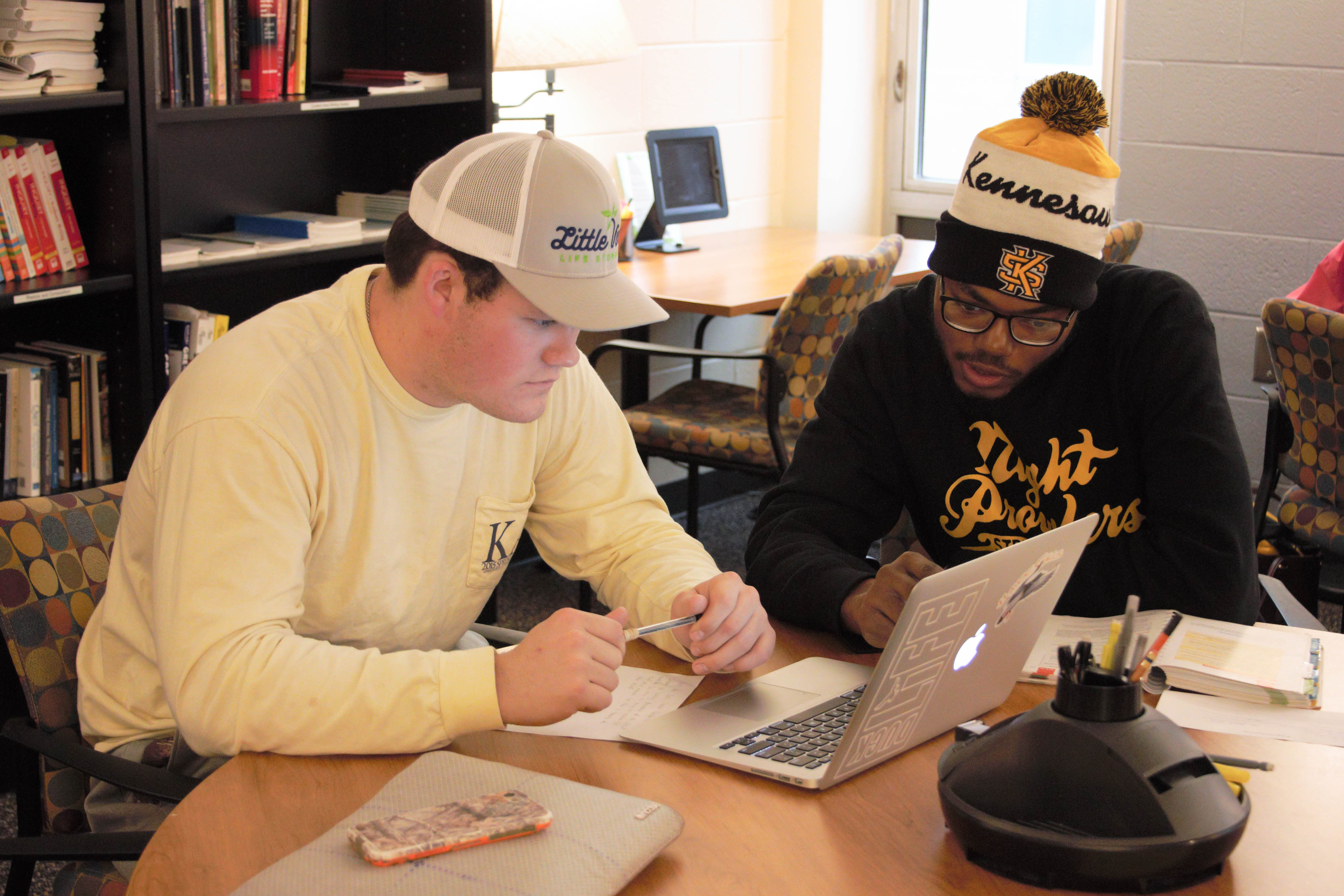The racist messages uncovered in the GroupMe chat of Kennesaw State students hit home for many on campus, leaving students wondering if they sit next to the accused students in any of their classes. The revelation that this happened on campus made it apparent that KSU students must finally address the thin line between racism and racial pride. Students may have racial pride, but transforming it to racism should never be tolerated.
It is essential to understand that there is a difference between racism and racial pride. Merriam-Webster defines racism as, “a belief that race is the primary determinant of human traits and capacities and that racial differences produce an inherent superiority of a particular race.”
Psychology Research and Reference describes racial pride as, “an attitude signifying a preference for cultural representations of one’s racial group.”
Empowering a particular religion or culture, which has historically felt discriminated against, is not a form of racism. People showing pride in their ethnicity, race, religion, gender or sexual preference and trying to educate others on a specific cultural or religious plight is also not racism — the keywords being “empowering” and “educate.”
Pride can quickly turn into racism when an individual seeks to demean, oppress, assault or injure another group because of racial differences.
“Racism is when you believe that one race or culture is superior to another, and with that, there is maltreatment and a lack of empathy towards a race that is seen as inferior,” senior communications major Gillian Goodwin said. “Racial empowerment is not believing that one race is superior to another but acknowledging cultural, socioeconomic differences between races.”
In a forum titled, “Racial Pride vs. Racism,” the original user expresses his love for the white race but also notes that because of history he feels like his racial pride leads him to be labeled a Nazi or skinhead. He is not alone.
As an American of African descent, I am pro-black. I love my history, both the written and unwritten. I try my hardest to support black-owned business and I strive to educate people on the historical oppression and the empowerment agenda of my people. My love for my race does not make me a racist.
While I served in the Marine Corps, I had the pleasure of serving as an Equal Opportunity Representative to educate and bring cultural, religious and gender equality awareness to the many duty stations in which I served. During the many awareness events, I stressed the importance of cultural and religious diversity.
Diversity is how new ideas and inventions are born. If everyone were the same or thought the same, there would never be new ideas and there would never be change. Global diversity in art, music, and politics shows that, historically, many races and cultures are linked together by influence.
Fortunately, KSU offers many religious and cultural-based organizations that provide networking opportunities and diversity for all students. These organizations strive to bring awareness to issues and education to the student body. The next time these organizations host an event, make sure to stop by, ask questions or take a handout.
Racism is a symptom of lacking knowledge. Without proper knowledge or exposure, racism will not disappear. It is everyone’s responsibility to distinguish the line between racial pride and racism. Racial pride is important, and even necessary, but should not be manipulated to oppress or harm other races.



